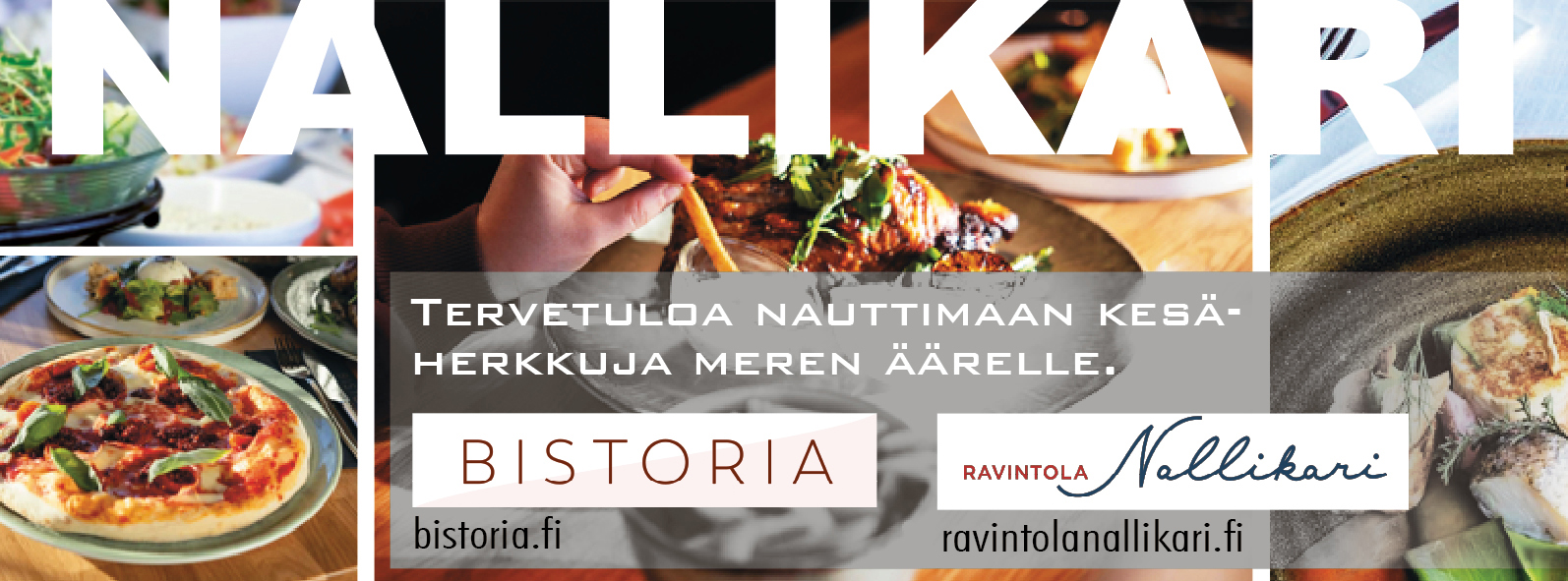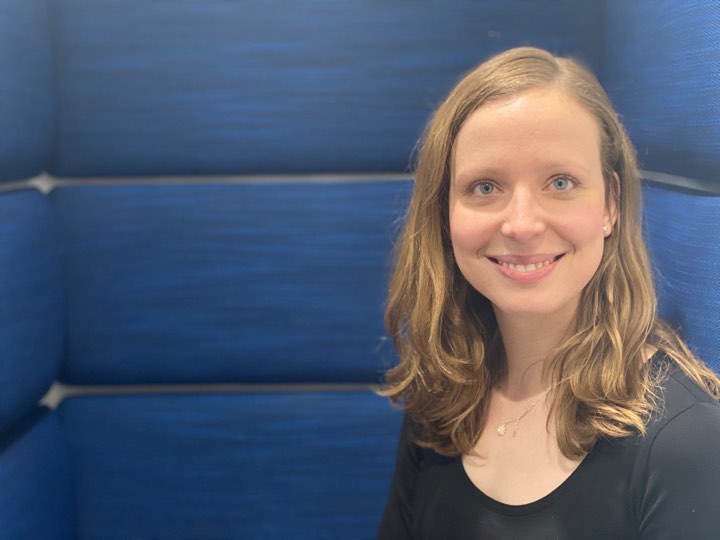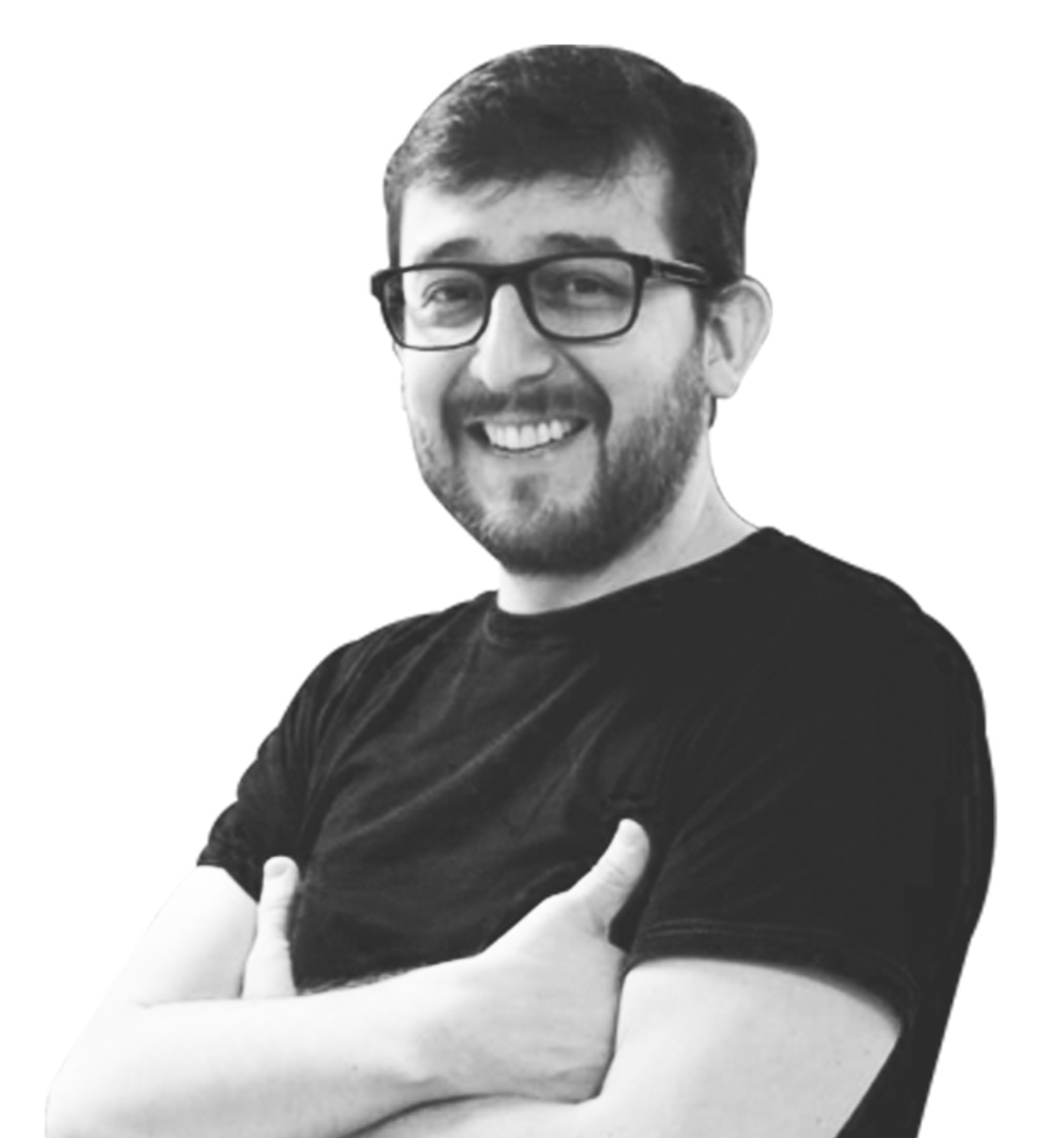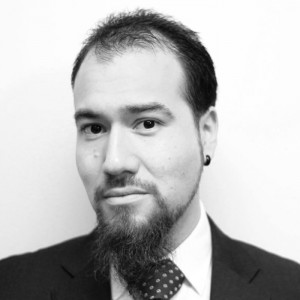Mathilde van der Berg came to the University of Oulu to become a PhD student in archaeology in 2018.
When did you first want to become a PhD student?
I never wanted to. Actually I am still surprised I have become a PhD student.
But then there was this announcement of an open position going around in the zooarchaeology circles of the internet. It said something like: “we are looking for new methods and interpretations for approaching reindeer domestication”, and well, during my studies people already called me the ‘reindeer girl’ (laughs). So, all the pieces of my interests came together in this position and I applied.
What are your daily activities as a researcher?
That depends on the stage of my research. Last year I have measured a lot of bones for data collection.
I also went to the field with my project. We went to a reindeer farm and I interviewed several Sami reindeer herders.
I have given some lectures and have also been to conferences. Right now I am reading a lot of anthropological and historical literature about reindeer breeding, which I find super interesting. Some days are really mild, and others can be hectic.
Are there differences or similarities between a PhD and your previous studies?
The main difference is that I know where I am going now. I have some deadlines that I set together with my supervisor, and I am executing my research as planned.
There aren’t many courses that I am taking at the moment, compared to being a Bachelor or Master’s student.
During my degree years of studying archaeology in the Netherlands, the classes were really small and my classmates were my friends. Here you have to find friends yourself.
What I really like is that I now meet people that are interested in what I am doing, while in my Bachelor and my Master I felt that nobody really cared about that. Similarities are that I am still reading a lot of literature, and hanging around bones a lot (laughs).
Is there any particular moment of your PhD that you feel proud of?
After I give a presentation at a conference or in a seminar, I feel relieved but also happy. Afterwards, people sometimes come to me and they can ask some very interesting questions or they tell me about their research and how it is related to mine. Since other people are interested in the same things, I feel that what I do is relevant.
What about challenges?
For me, I am a total insomniac. Some days, I can not be as productive as I would like to be, because I feel like a zombie. If you have sleeping problems your cognitive abilities actually go down quite a bit. This is the major challenge for me in my life and also for my research.
How about the funding?
Luckily my salary is paid from the Domestication on Action project led by Anna-Kaisa Salmi.
But I have heard about struggles with finding funding a lot. Actually some of my PhD friends have to look for funding themselves and they are really busy with this funding issue. A huge amount of their time goes into it rather than actually researching, and often they are very stressed about it.
How was the process of building up your research identity?
I think that process is still ongoing. Maybe the most important thing for me is deciding for myself what to consider for my research, though of course together with my supervisor. You can take several approaches to the same topic or issue, and when I’m defining my own path I feel independent. I also have to look into and decide which journals to publish in or conferences to attend.
Where do you see yourself after finishing your PhD?
I would really like to become a postdoctoral researcher in arctic anthropology or in reindeer domestication. But my deepest dream is actually to go on anthropological fieldwork.
I want to live with a reindeer herding Sami group or reindeer herders in Mongolia for a year, just to see how they live and think. Maybe I could compare their practices and write about it. In short, do anthropological fieldwork and connect it with the research I am doing now.






